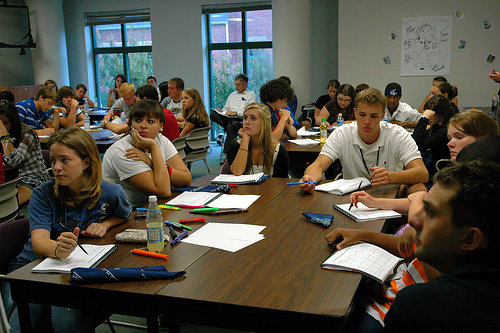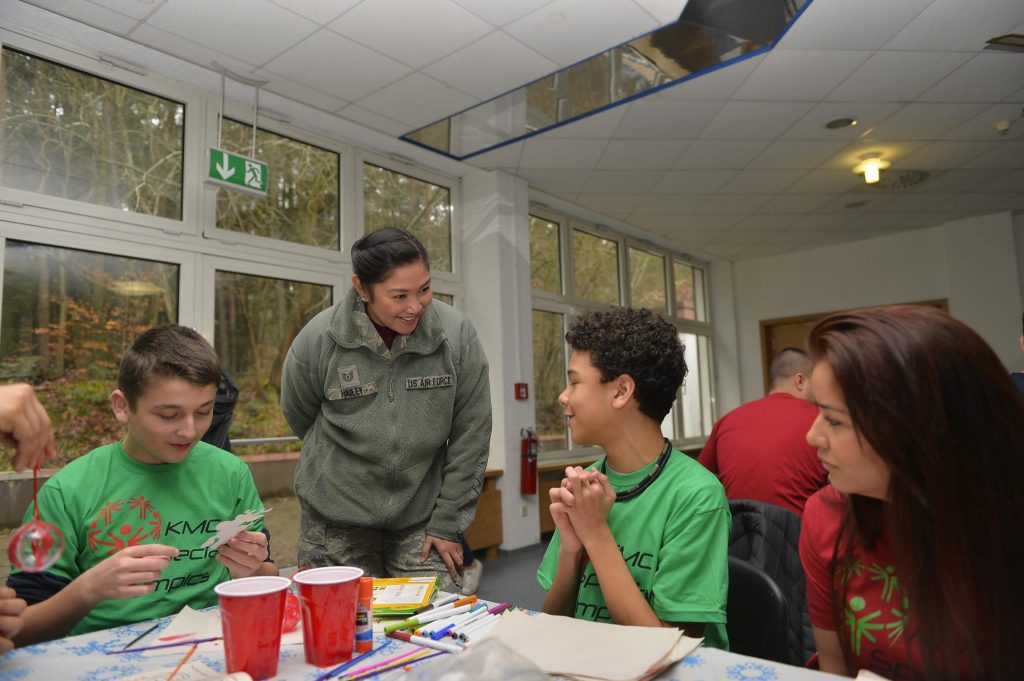
Being an educator, regardless of the length of experience in the service, entails that you’ll most likely come across students of different behaviors.
According to an online group therapy expert, while there may be kids who are so shy to participate in group discussions, others can’t sit still. The latter is because they want to either answer your questions or run around the classroom. Such types of children remain within the norm and are not too difficult to supervise as they can pick up whatever you teach. The ones that require your attention more, on the contrary, are the slow learners.
Their inability to cope with the lessons immediately isn’t due to their lack of willingness to learn. If anything, these students are your avid listeners during classes. It’s only unfortunate that they probably have a lower IQ than the rest of the group, which is not their fault at all.
As the teacher, you should help slow learners or those with ADHD in the classroom to keep up with everyone. Here are the ways to achieve that:

- Identify Who They Are
The first step is to gain a full insight about which students under your guidance have troubles coping with their subjects. Spend a week or so just assessing who can’t understand a lesson in an instant because it’s mentally impossible, not because they feel distracted or lazy. That will let you realize who needs academic assistance the most.
- Try A Different Teaching Method
It should go without saying that the techniques that work for other students may never work for slow learners. They can be very complicated, which will increase the latter’s struggles.
What you can do instead is simplify the principles as much as possible. Going step by step is OK too since it’ll be like walking the schoolchildren slowly through the lessons. Your final option is the “direct instruction” method, wherein you’ll teach topics straightforwardly.
- Work With Their Parents
The students’ moms and dads should also be a part of the plan. Various parents, especially the ones who may be too busy to look at their kids’ report cards, aren’t always aware of their learning issues. Nevertheless, you need to tell them in person or via call of what you notice when the child’s in your classroom. This information will ideally encourage the parents to strategize with you on how to help their offspring best and continue improving their learning skills even at home.
- Inspire The Children To Do Better

Children who have a hard time keeping pace with their classmates tend to feel discouraged. If their problem becomes the center of bullying at school, the experience can be a massive obstruction to their progress. It will be great, therefore, to go out of your way to motivate the kid to do better.
Giving praises whenever they answer your questions correctly will make a lot of difference to your students’ disposition. You may also persuade everybody else to treat the slow learner well and assist him or her if they can.
- Allot Extra Hours To Help Them
In case you have a vacant period in between classes, encourage the kids too to come and ask for clarifications regarding the topics they didn’t understand. Your duty to these children does not end when the bell rings, mind you. Besides, to a devoted teacher, there is nothing more fulfilling than seeing all of the students under your wing make significant improvements.
Take the initiative to help slow learners cope with the lessons and everything else that goes into a classroom today. Good luck!
